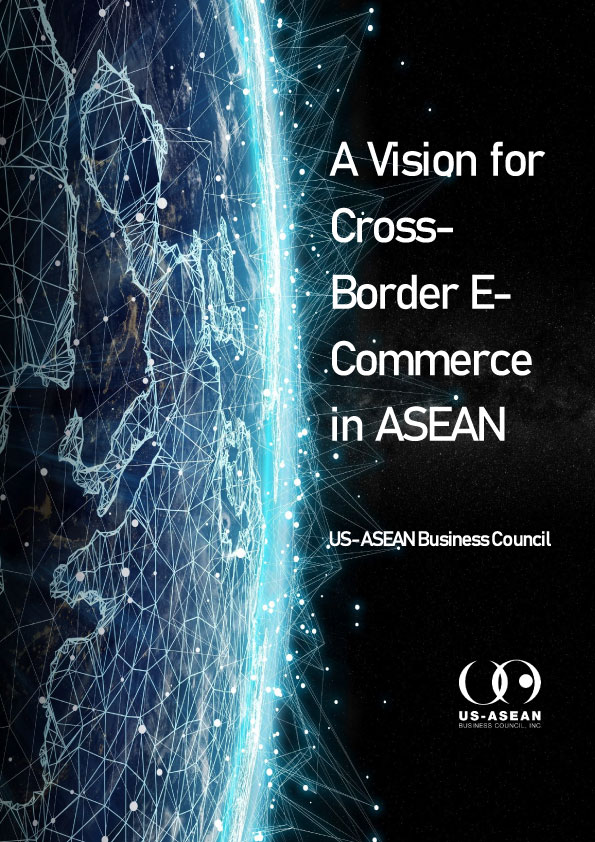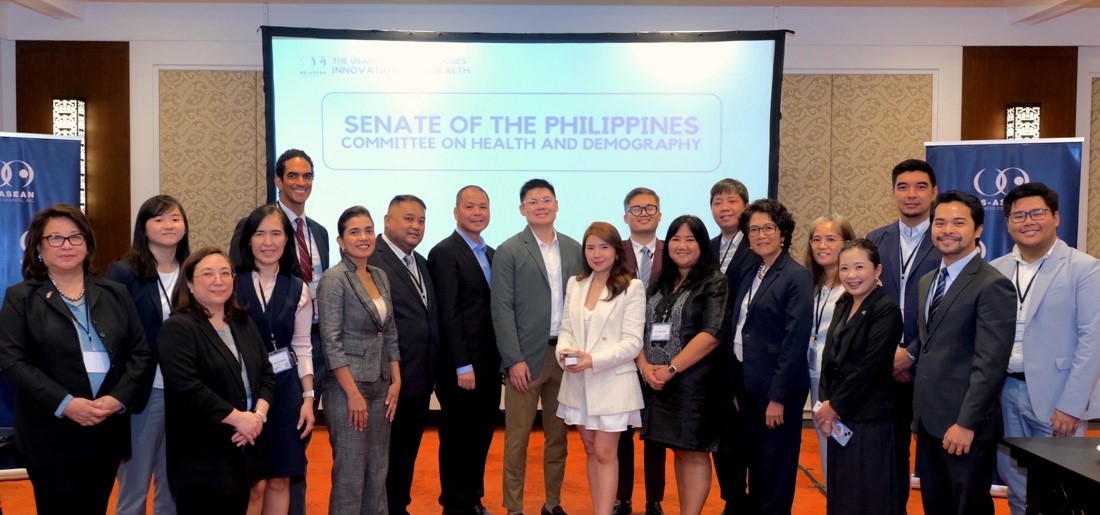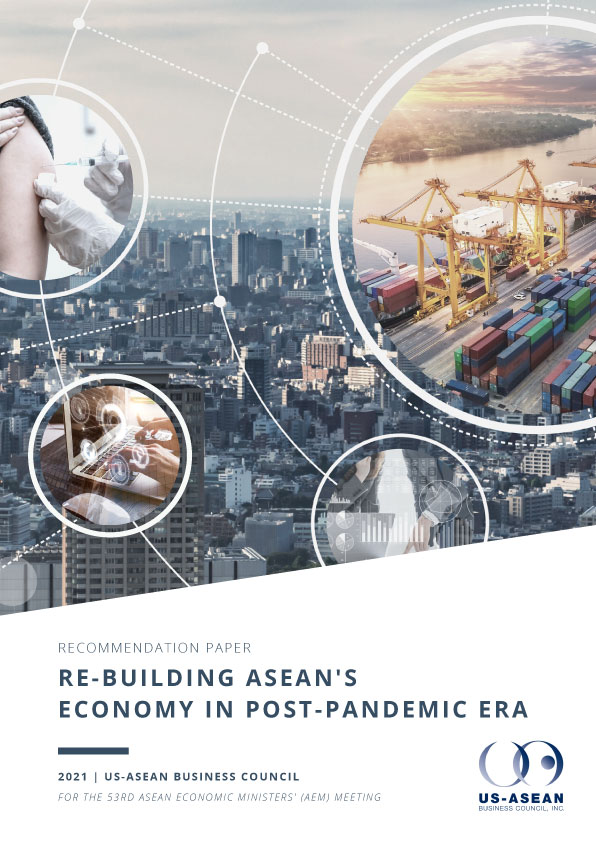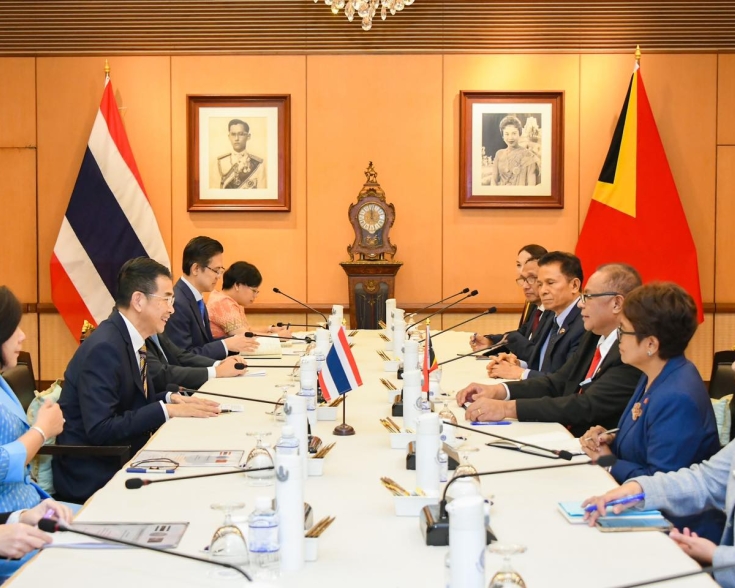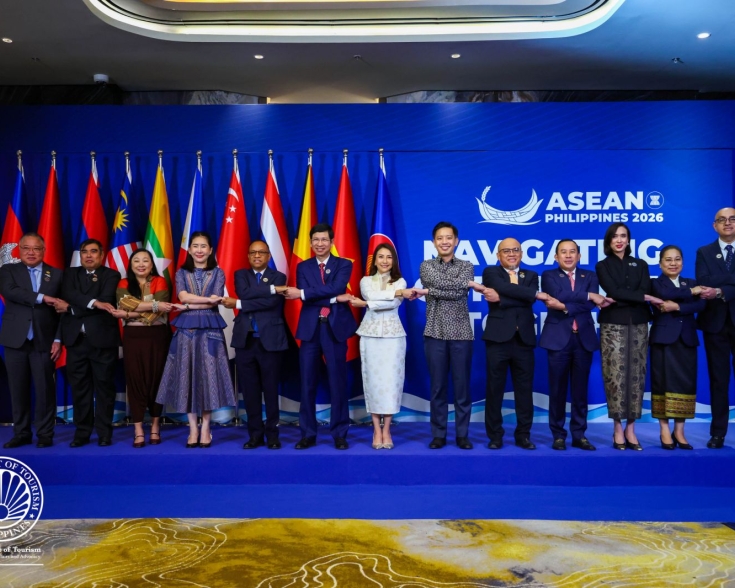Demographic Shifts in Southeast Asia Prompt New Healthcare Solutions

As demographic and societal norms in Southeast Asia shift, the healthcare systems that serve local populations have been adjusting accordingly. For countries with rapidly aging populations, such as Singapore and Thailand, providers of medical services have been boosting their ability to cater to older clients. Singapore’s Office of Healthcare Transformation, housed within the Ministry of Health (MOH), is prioritizing the development of systems to support the country’s elderly population. In July, the MOH launched Healthier SG, a national preventative and chronic care program that addresses problems prevalent among many elderly residents.
Private industry is also capitalizing on this demographic shift, with Singapore-headquartered firm Perennial Holdings announcing plans to invest US$167 million in the country’s first private assisted living development. The complex will include apartments, a nursing home, a wellness clubhouse, and a geriatric care center. Similarly, the Thai branch of Japanese IT firm NEC is working to transform Chiang Mai into a smart city, beginning with digitalizing the Thai city’s provision of elderly healthcare. The company has signed a Memorandum of Understanding (MoU) with Chiang Mai’s municipal government to develop smart city solutions that cater toward the elderly, which include telemedicine, digitalized nursing home management, and cloud-based remote health monitoring.
Awareness of the importance of women’s health has also been steadily increasing. Singapore currently leads the female technology (femtech) market, with 32 femtech companies founded and operating in the country. Other ASEAN countries are quickly catching up: in the Philippines, femtech startup Kindred, which markets itself as the first hybrid women’s healthcare solution, has recently secured US$1 million in seed funding. The startup has launched a dedicated app that allows users to consult local doctors in the Philippines in real-time, while also running physical clinics that specialize in women’s health.
Governments are also strengthening the provision of women’s healthcare. In mid-July, the Cambodian government introduced a program that will give women bearing one child up to $480 in cash payments. The government hopes that this scheme will encourage regular checkups and greater vaccine administration for infants.

